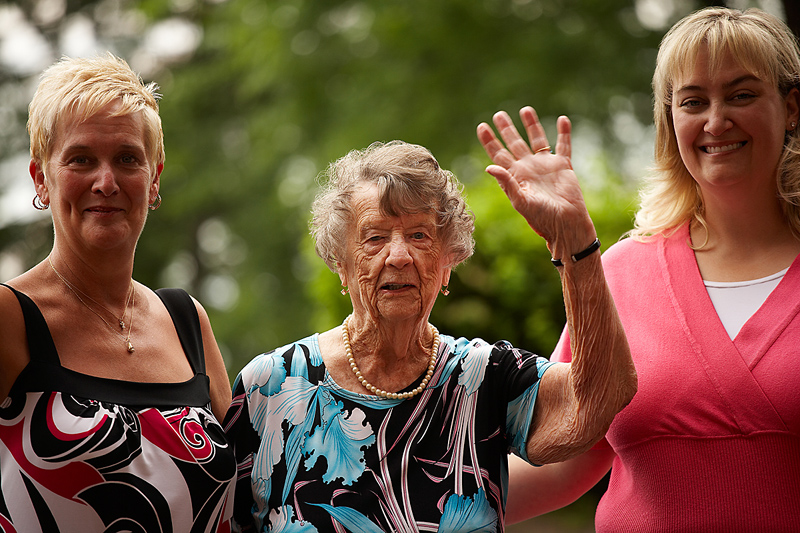
TUESDAY, Dec. 10, 2013 (HealthDay News) — Most Americans do not deal with end-of-life issues and wishes, a new study indicates.
Researchers analyzed data from nearly 8,000 people who took part in nationwide surveys conducted in 2009 and 2010, and found that only about 26 percent had completed an advance directive, also called a living will.
There were significant associations between completing an advance directive and age, income, education and health status, according to the study in the January issue of the American Journal of Preventive Medicine.
Advance directives were more common among women, whites, married people and those who had a college degree or postgraduate training. People with advanced directives also were more likely to have a chronic disease or a regular source of care.
“For black and Hispanic respondents, advance directives were less frequent across all educational groups. These data indicate racial and educational disparities in advance directive completion and highlight the need for education about their role in facilitating [end-of-life] decisions,” Dr. Jaya Rao, who conducted the study while an associate professor in the division of pharmaceutical outcomes and policy at the University of North Carolina, said in a journal news release.
Lack of awareness was the most common reason for not having an advance directive.
Some previous studies have shown that health care costs are highest during the final years of life, but the use of advance directives reduces Medicare spending and the likelihood of in-hospital death.
“Given the current discussions about implementing various models of health care delivery, including the patient-centered medical home, [end-of-life] issues need to come to the forefront of planning efforts,” Rao said. “Hopefully, these findings will contribute to the current national conversations about [end-of-life] care.”
More information
The U.S. Agency for Healthcare Research and Quality has more about end-of-life issues.
Copyright © 2025 HealthDay. All rights reserved.

